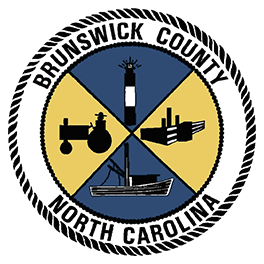Emerald Isle has gained more support in a legal case involving private property rights and public access to the beach.
The North Carolina Coastal Federation and North Carolina Wildlife Federation joined this week a number of beach towns that have filed court briefs backing the town’s position.
Supporter Spotlight
The Southern Environmental Law Center filed the amicus curiae, or friend of the court, brief on Wednesday in support of public trust rights to access dry sand beaches on behalf of the two nonprofit organizations. Such briefs are filed by an entity that is not a party in the case but has a strong interest in its outcome.
The North Carolina Supreme Court will soon hear the civil case in which Gregory and Diane Nies, who own a second home on the oceanfront in Emerald Isle, contend that the town used their private property for town vehicle traffic without proper permission. The Nieses are represented by the property rights defense group, Pacific Legal Foundation.
Emerald Isle sometimes uses a 20-foot lane on the dry sand beach for town vehicles, including police vehicles. The town, which is also represented by the Southern Environmental Law Center, argues that such usage does not interfere with the Nieses’ use of the beach. A ruling against Emerald Isle could lead to limitations on public beach access, according to the town.
Neighboring Bogue Banks towns of Pine Knoll Shores and Indian Beach, all Dare County beach towns and beach communities in Onslow, New Hanover and Brunswick counties have filed similar briefs supporting Emerald Isle’s position.
The nonprofits posed two arguments in their brief — that the public has always had the right to access ocean beaches and that the Nies’ home state, New Jersey, has similar public trust rights. The groups cite several precedents, including four cases settled in North Carolina and one in New Jersey. It also cited a North Carolina constitutional provision, a North Carolina general statute and eight statutes and regulations from the state’s Coastal Area Management Act.
Supporter Spotlight
The state’s constitution recognizes the “common heritage” of North Carolina’s beaches, and in the 1974 inception of the Coastal Area Management Act, legislators made sure to preserve the public’s right to beach access.
“In their brief, Appellants seek to create law that has never existed — and in doing so erase an integral part of the common heritage of the state,” according to the brief.
Also according to the brief, legislators took steps to protect the public’s right to dry sand beaches again in 1998 and in 2013.
The case has been ongoing since 2014. The town won the original case and an appeal on Nov. 17, 2015. In January, the couple petitioned the North Carolina Supreme Court, which granted in April a review of the case.







